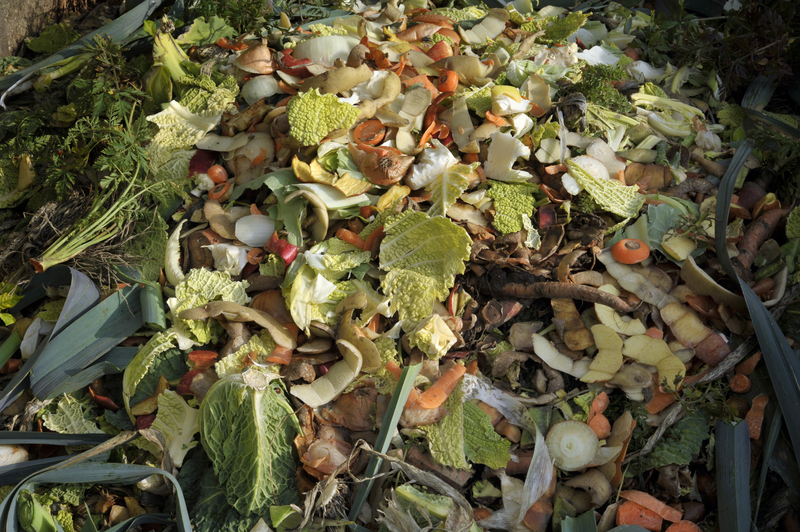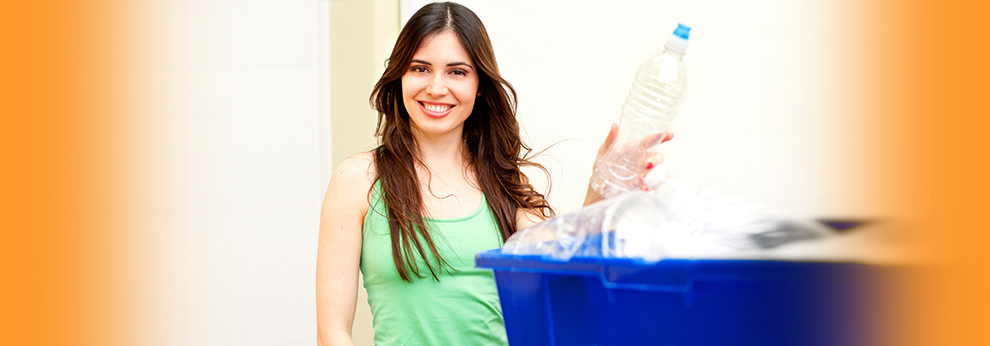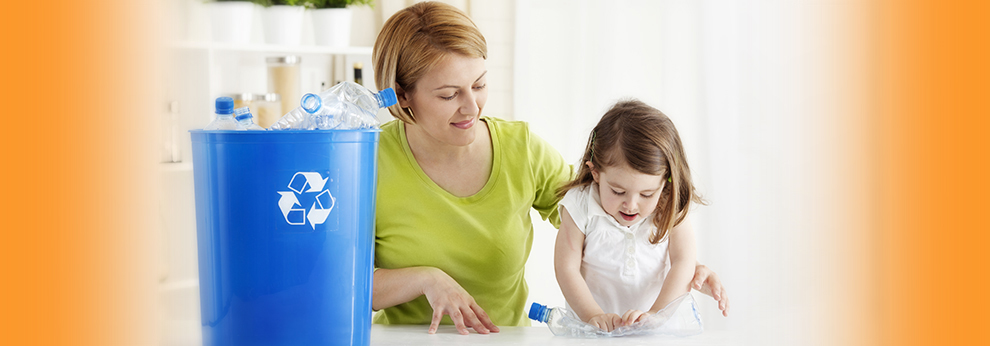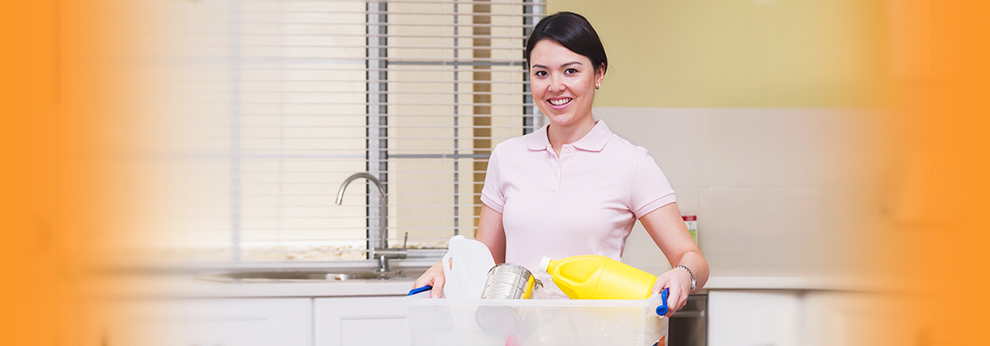Organizing Inherited Family Goods
Posted on 12/11/2024
Organizing Inherited Family Goods: A Comprehensive Guide
Inheriting family goods can be both an emotional and logistical challenge. These items hold memories and histories, making the process of organization all the more significant. Whether you have inherited a vast collection of heirlooms or a few treasured items, this guide will help you navigate the process of organizing inherited family goods effectively.

1. Assessing the Inherited Items
The first step in organizing inherited family goods is to take stock of what you have. Spread out all the items in a space where you can view them easily. Create categories based on the type of items you have inherited, such as furniture, jewelry, photographs, and documents. This initial assessment will give you a clear picture of the task ahead.
2. Sorting and Prioritizing
Once you have assessed the items, it's time to sort and prioritize. Consider both the sentimental and practical value of each item. Items that hold significant sentimental value should be treated with care and preserved properly. For practical items, think about their usefulness and how they fit into your current lifestyle.
3. Researching the History
Understanding the history behind inherited items adds to their value. Take the time to research the origins and significance of each item. This can involve talking to family members, looking through old photographs, or even consulting historical records. Documenting this information can create a richer narrative around the items and preserve the family legacy.
4. Preservation and Storage Methods
Proper preservation and storage are crucial to maintaining the condition of inherited family goods. For delicate items like photographs and documents, consider using acid-free storage materials. For furniture and larger items, ensure they are stored in a climate-controlled environment to prevent damage from moisture and temperature fluctuations.
5. Deciding What to Keep or Discard
Not all inherited items may find a place in your home. Decide which items to keep, which to pass on to other family members, and which to discard or donate. This decision should be based on the item's condition, sentimental value, and practicality. Items that are no longer functional or hold no personal significance can be let go with the understanding that you're making space for what truly matters.
6. Cataloging and Labeling
Creating an inventory of inherited items is an essential organizational step. Catalog each item, noting its history, condition, and any special care instructions. Labeling items clearly will make it easier to find and identify them later. Consider creating a digital record with photographs and descriptions for easy access and sharing with family members.
Pros and Cons of Organizing Inherited Family Goods
Pros:
1. **Preservation of Family History**: Organizing inherited goods helps maintain the family legacy for future generations.
2. **Emotional Connection**: Handling and organizing these items can strengthen your emotional connection to your family and its history.
3. **Space Management**: Proper organization can free up space and reduce clutter in your home.
Cons:
1. **Time-Consuming**: The process of organizing inherited items can be lengthy, especially if you have a large collection.
2. **Emotional Strain**: Sorting through family heirlooms can evoke strong emotions, making the task challenging.
3. **Storage Challenges**: Finding appropriate storage solutions for delicate or bulky items can be difficult and may require extra investment.
Tips for Organizing Inherited Family Goods
1. **Start Small**: Begin with a smaller, more manageable category to avoid feeling overwhelmed.
2. **Involve Family Members**: Engage other family members in the process to share the workload and gather more historical context.
3. **Set Up a System**: Develop an organizational system and stick to it. Consistency is key to staying organized.
4. **Seek Professional Help**: If you are unsure about the value or preservation of certain items, consult a professional appraiser or archivist.
5. **Document Everything**: Keep detailed records of your findings, including photographs and notes, to create a comprehensive catalog.

Takeaways
Organizing inherited family goods is a meaningful task that preserves family history and clears your living space. It involves assessing, sorting, researching, preserving, and cataloging items, and deciding what to keep or discard. Despite its challenges, the process offers numerous benefits, such as strengthening emotional connections and maintaining a family's legacy.
Conclusion
Organizing inherited family goods requires a thoughtful approach, blending practical steps with respect for the sentimental value of the items. As you embark on this journey, remember to take your time, involve family members, and utilize proper preservation methods. The effort you put into organizing these items will ensure that your family's history is preserved and cherished for generations to come.
Latest Posts
Inspiring School Recycling Plans That Make a Difference
Making the Case for Professional Waste Clearance Services
How to Optimize Your Skip Hire Strategy
Historical Highlights: How Different Societies Managed Waste
How to Ensure a Welcoming Atmosphere: Pre-party Cleaning Insights





